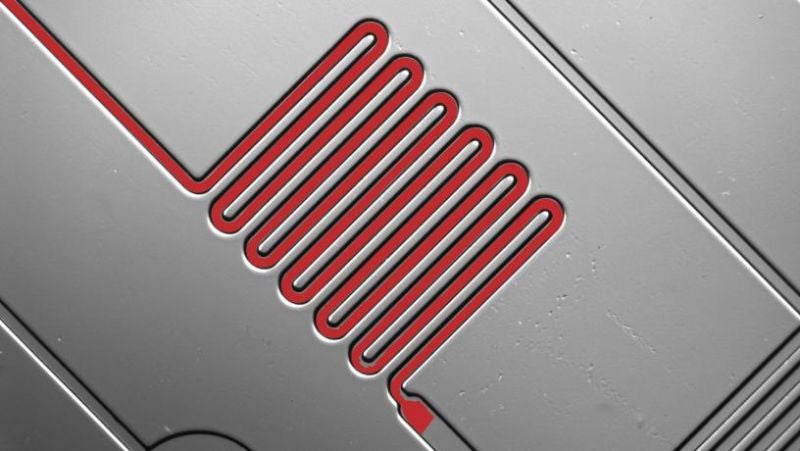
Scientists at Columbia Engineering have developed a diagnostic test that leverages a microfluidic approach to detect Lyme disease within 15 minutes.
Existing tests involve running of two assays, ELISA and western blot, to identify antibodies against the Borrelia burgdorferi bacterium, which causes Lyme disease.

Discover B2B Marketing That Performs
Combine business intelligence and editorial excellence to reach engaged professionals across 36 leading media platforms.
The tests also require experienced lab personnel and deliver results in a few hours, noted the researchers.
Columbia Engineering biomedical engineering professor Sam Sia said: “Our findings are the first to demonstrate that Lyme disease diagnosis can be carried out in a microfluidic format that can provide rapid quantitative results.
“This means that our test could easily be used directly in a doctor’s office, obviating having to send the samples out to a laboratory that needs at least a couple of hours, if not days, to get test results.”
University researchers collaborated with Immuno Technologies, which discovered three proteins that could identify antibodies specific to B burgdorferi in the serum.

US Tariffs are shifting - will you react or anticipate?
Don’t let policy changes catch you off guard. Stay proactive with real-time data and expert analysis.
By GlobalDataMeanwhile, OPKO Health supplied the microfluidic cassettes.
The research team analysed 142 samples of early Lyme disease patients and healthy people from Lyme disease-endemic areas, as well as of individuals with Lyme arthritis.
Initially, researchers screened biomarkers known to detect the infection.
The top three biomarkers were then tested with a standard enzyme immunoassay and later using an advanced microfluidic platform created by Sia called mChip-LD.
Findings showed that the multiplexed set of biomarkers had more sensitivity and specificity compared to standard Lyme disease tests.
The new test proved better at identifying signs of infection in early stage samples.
The test requires further development but is expected to offer a ‘single, rapid, multiplexed diagnostic’ to detect the Lyme disease in doctors’ offices.
Currently, researchers are planning to conduct a clinical validation study to assess the performance of the microfluidic platform.





